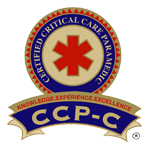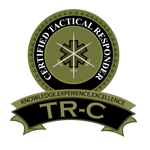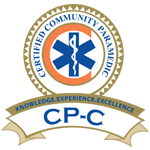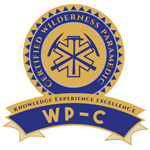Frequently Asked Questions
To pass any IBSC examination, your score must equal or exceed the passing score. The passing standard for each IBSC exam is established using standard-setting techniques that follow best practices in the testing industry.
The passing standard for each certification exam is set by a designate IBSC Subspecialty Board, Test Committee or Subject Matter Expert Group. Members of these groups are nationally recognized specialists whose combined expertise encompasses the breadth of clinical knowledge in the specialty area. Members include educators, managers and providers, incorporating the perspectives of both the education and practice environments. In setting the passing standard, the committee considers many factors, including relevant changes to the knowledge base of the field as well as changes in the characteristics of minimally qualified candidates for certification.
The passing standard for an exam is based on a specified level of mastery of content in the specialty area. Therefore, no predetermined percentage of examinees will pass or fail the exam. The committee sets a content-based standard, using the modified-Angoff method.
The IBSC no longer provides the passing candidate with a raw score nor a breakdown of the examination score by topic area. Exam results are reported as pass/fail. If you did not pass the exam, you will receive a examination report indicating subject areas of relative strength and weakness. The diagnostic report can assist you if you decide to retake the exam. This change is necessary to endorse the philosophy that certification is the goal and that the raw score number beyond the passing score does not matter.
Numeric scores are not provided for examinees who pass to ensure that the scores are not used for purposes other than licensure and certification. For example, numeric scores should not be used for hiring and promotion decisions because the IBSC exams are not designed for these purposes.







